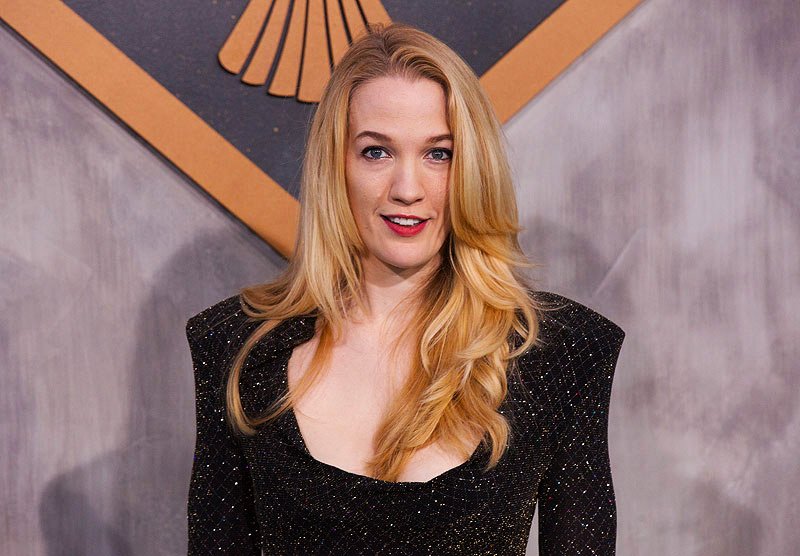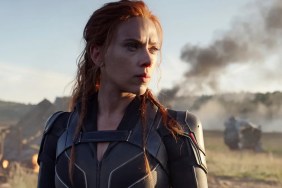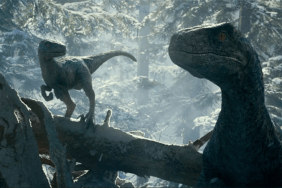Exclusive: Emily Carmichael on Pacific Rim, Jurassic World 3, The Black Hole & more!
Screenwriter and director Emily Carmichael has had a meteoric career trajectory over the last few years, selling several original screenplays to big studios, and even coming under consideration by Marvel Studios to direct Captain Marvel at one point. This weekend sees her auspicious first screenwriting credit on Universal and Legendary’s blockbuster sequel Pacific Rim Uprising, which she co-wrote with Kira Snyder, Steven S. DeKnight and T.S. Nowlin. She talked with ComingSoon.net about her work on that film, as well as several other exciting projects in development, including writing work on Disney’s The Black Hole remake as well as Jurassic World 3, along with her feature directorial debut on the Colin Trevorrow/Steven Spielberg superhero comedy Powerhouse!
ComingSoon.net: Have you had a chance to see the first critical reactions to “Pacific Rim Uprising” on social media?
Emily Carmichael: Yeah man! I guess I haven’t looked at social media that much, I’ve just been looking at Rotten Tomatoes. Seems like people are super excited to see the movie. It seems like people agree that giant robots fight giant monsters in the movie, which is a big part of what we were trying to get across as artists. I’m really happy that message is landing with people.
CS: You guys weren’t pulling any punches.
Carmichael: (laughs) No we were not.
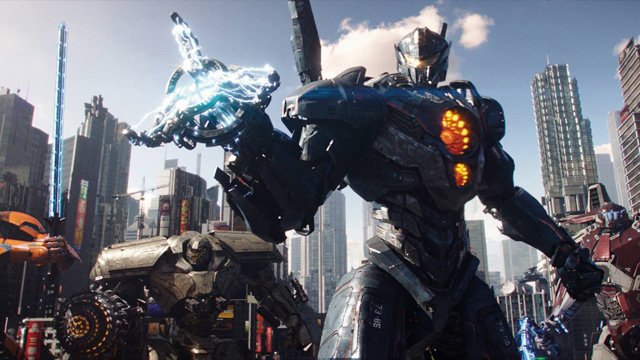
CS: Do you remember your reaction when you saw the first movie?
Carmichael: I liked the original movie. There’s something serious or dignified about it, I think the new one is a little more irreverent but both movies carry a lot of respect for human beings and especially human cooperation, which I appreciate.
CS: What were some aspects of the franchise you hoped to improve upon with this one?
Carmichael: Here’s a great example: In the first movie we have two brothers that were introduced, and the way we know they love each other is they are super smiley and nice to each other. That lacked emotional fidelity to how people really treat each other, so you’ll notice that our friendship and loyalty in the movie is formed in a much feistier way. It’s a relationship of love and trust that grows from unexpected circumstance, from two people strung together by fate that I think works really well.
CS: This movie has an interesting history because Guillermo had planned to do it and was writing it with Jon Spaihts and then he left and Steven DeKnight came onboard. At what point in the process did you come on?
Carmichael: I came after Steve. There were developments and consultation and work done before I arrived, and by the time I arrived Steve had a pretty good idea of what the broad strokes of the plot were gonna be. He guided the writers and had this writer’s room where we broke an outline and then the writers went home. Me and Kira Snyder continued to work on the outline with Steven and then we both wrote the two halves. I wrote the first half and Kira wrote the second half.
CS: When I talked to John about this movie he mentioned that he had a big hand as a producer in the early pre-viz. On a big blockbuster like this how much of your job is working around big set pieces that have already been set in stone due to the production pipeline?
Carmichael: We never work around set pieces, we only work with set pieces in the utmost level of synergy with them. (laughs) For example, there was pre-viz happening on some of the set pieces as we were writing the movie, which to me doesn’t mean I’m writing around a set piece, it means my work is going to be interweaving with the work that’s being done by a different department. Sometimes that work is going to be simultaneous because the movie needs to happen soon. (laughs) But no, I don’t consider that to be an obstacle or an imposition as an action adventure writer. I consider me and the set pieces are one and the same and our job is to work together and tell the same story.
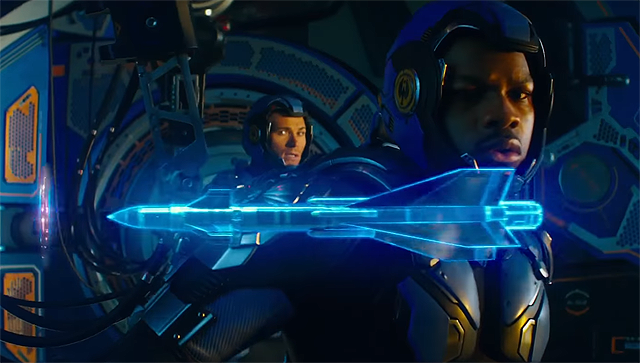
CS: Were there any that you helped revamp and reimagine?
Carmichael: I wrote the first pass of the ones that are in my section, the first half. So the scrapper chase at the top of the movie, the PPDC attack scene where Obsidian Fury attacks Gipsy Avenger, and then when it came to the Siberia fight… The Siberia fight was a moment when VFX was already at work on it and they had shown it to Steven and he was like, “There’s all this cool stuff in the Siberia fight! You don’t have to write those scenes.” So I did not write any scenes for the Siberia fight, I just wrote, “The two robots lock eyes across the arctic tundra. One of them reaches for the other…” and then they took over. As the initial writer on those set pieces I did a pass on each of them. Much of what I wrote was, of course, changed throughout the process, but it was my job to be the first person to put into words what happened in those scenes just as it was Kira’s job to put into words the action sequences for the second half of the movie.
CS: A lot of people don’t understand that big tentpole movies are difficult to craft because it’s storytelling but incredibly streamlined. So it’s your job to impart complex character and plot in almost haiku style. How have you adapted to that style of writing?
Carmichael: One of my favorite things about being an action-adventure writer is I can now do in a page what, as a playwright, it might have taken seven or eight pages to accomplish. That to me is incredibly exciting. I write dialogue scenes that don’t take up too much space for themselves but know what they’re there to do and that can build and progress and set ideas into motion in a very efficient way.
CS: When you’re doing a script where each half is split between two writers, are you on the phone with each other so you can plant your seeds and set things up for her to pay off later? I know you’re both working from the same outline.
Carmichael: It was surprisingly seamless, because me and Kira and Steven had worked on the outline together so much that the outline is very detailed. Also Steven is a writer himself, one of the credited writers on the movie, and was there to bring the halves in concordance with each other when it was necessary. I was surprised at how easy it was.

CS: You’re writing Disney’s reboot of “The Black Hole,” which is very exciting. I’m actually a big fan of that film, warts and all…
Carmichael: F**k yeah!
CS: I think that movie is fascinating because it’s a movie of two eras. It was originally developed post-“2001: A Space Odyssey” as more of a serious science fiction film and then when “Star Wars” came out they were like, “Oh, we gotta ‘Star Wars’ this up!” It has foot in old school sci-fi and the effects extravaganzas that followed “Star Wars.”
Carmichael: Yes that’s a fascinating read, and I think you definitely get the two undercurrents at play in that movie. The new one is gonna be less brooding a pace, it’s a faster movie, but still has some of the big idea science quality, which I think is great. The producers on that one keep telling me to put more science in, “make the science more accurate.” The more science that’s in it the better the script get, and actually the science works really well with the emotional development and the character development. That process has been really good.
CS: I talked to Joe Kosinski about that project not too long ago. Is he still involved?
Carmichael: Yeah!
CS: He told me that a lot of the tone of what he was going for was something very akin to what Chris Nolan did with “Interstellar.” Is that still the case?
Carmichael: It’s much funnier and more roguish than “Interstellar.” It has more of that Disney adventure feel.
CS: The original was, at its core, “20,000 Leagues Under the Sea” in space. Is that idea still intact?
Carmichael: There is a big change that Justin Springer, one of the producers, introduced to the script, which is a cool time synchronicity effect happening. Time passes more slowly when you’re in the vicinity of a hyper-massive object, which allows our characters to separate and re-enter in interesting ways and at unexpected times. I would say it is no longer about a crew that finds a madman who disappeared into the wilderness many years ago. Our film gives you a chance to catch up with them right after he absconds with the ship, in the spirit of more forward motion. It is still about an enigmatic man with really strong feelings about what happens when you fly a ship through a black hole, and he’s very determined to do that!
CS: And big floating robots with cartoon eyes.
Carmichael: Yes, definitely. I’m really interested to see where the design of those robots go in the movie. In the script I think the screenwriters are all positing that they will not be a floating cylinder with cartoon eyes. (laughs)
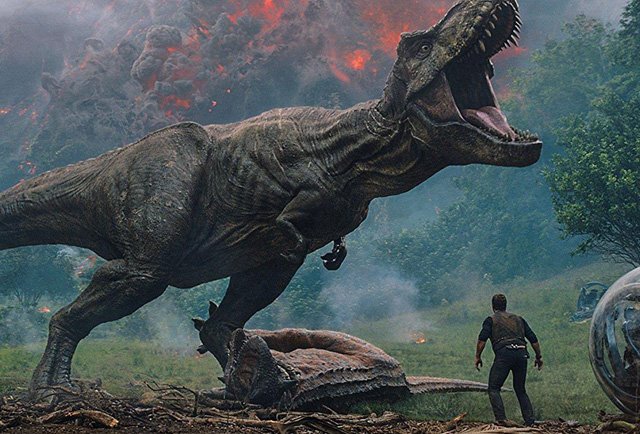
CS: You’re also co-writing “Jurassic World 3.” As a fan of the original “Jurassic Park” it was heartening for me to see Universal had put down June 11, 2021 as the release date for the third one, since the first “Jurassic” also came out on that date in 1993. You’re about the same age as me, did you go see it opening day 25 years ago?
Carmichael: I didn’t see it on opening day but I saw it with my whole family, and I was really excited. I remember my mom really liked it. That made a huge impression on me, if a movie could impress my mom! But yeah, I absolutely loved that movie, just like we all did.
CS: How big of a Jurassic nerd were you? Did you read the books?
Carmichael: Well, I’m reading them now. There’s a lot of good stuff in there.
CS: You’re in a unique position because “Jurassic World: Fallen Kingdom” hasn’t come out yet so you don’t really know what fan reaction is going to be to that. How is it flying into a sequel blind to what worked and didn’t work about the previous one?
Carmichael: I predict that fan reaction to the second one will be pretty ecstatic. Seocond one is a great movie, so I’m expecting the second one will be very well received and the third one will have quite the high bar to succeed.
CS: Do you hope Colin can come back to direct potentially?
Carmichael: No comment.
CS: And you’re also working with Colin on “Powerhouse,” which will be your feature debut as a director.
Carmichael: “Powerhouse!” Yeah man, “Powerhouse” is a script written by me, based on a story by Colin, and it’s about a guy at the end of his life who has to choose which of his three lovable-but-dysfunctional children will inherit his massive superpowers.
CS: So he can actually transfer his powers like an inheritance?
Carmichael: Exactly.
CS: So there’s some sibling rivalry involved?
Carmichael: Yeah, it’s definitely a family movie. The whole goal is to have character work and dialogue strong enough to stand on its own, but is underscored and intensified by the presence of giant superpowered fights. It’s pretty great.
(Photo Credit: Getty Images)
Pacific Rim Uprising
-
Pacific Rim Uprising
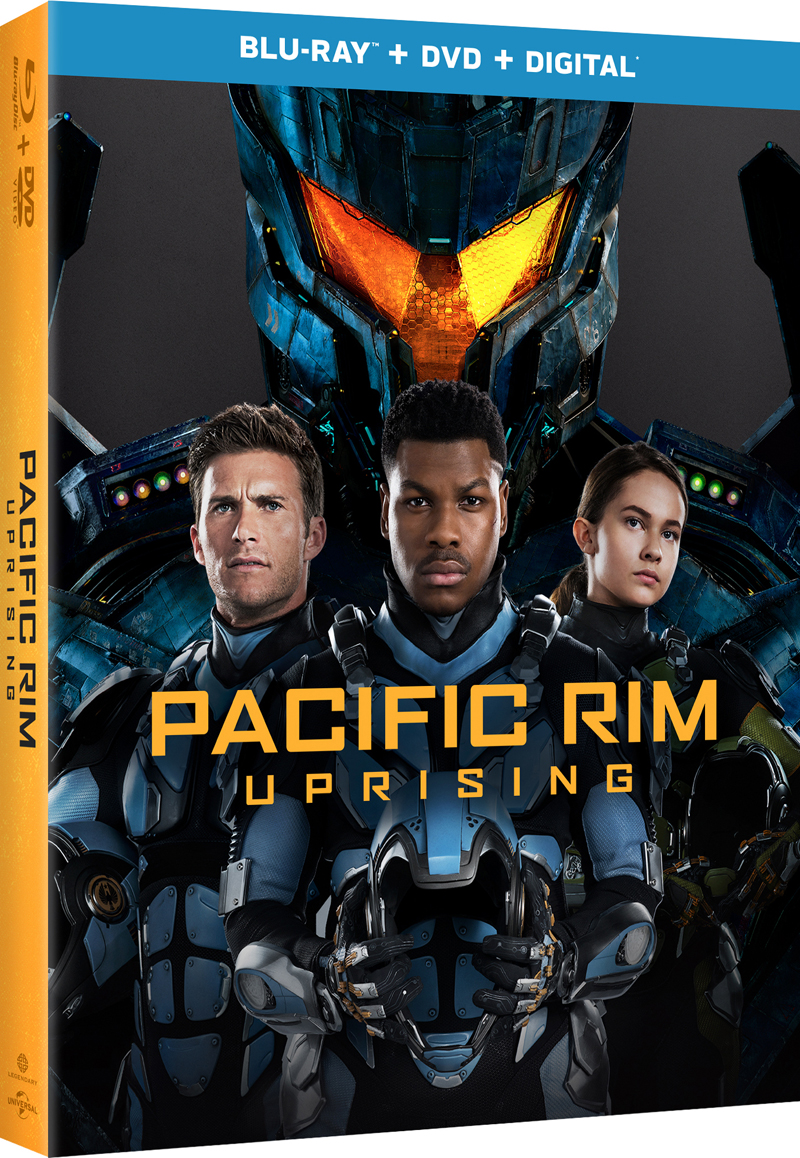
-
Pacific Rim Uprising

-
Pacific Rim Uprising

-
Pacific Rim Uprising

-
Pacific Rim Uprising

-
Pacific Rim Uprising

-
Pacific Rim Uprising

-
Pacific Rim Uprising

-
Pacific Rim Uprising

-
Pacific Rim Uprising

-
Pacific Rim Uprising

-
Pacific Rim Uprising

-
Pacific Rim Uprising

-
Pacific Rim Uprising

-
Pacific Rim Uprising

-
Pacific Rim Uprising

-
Pacific Rim Uprising

-
Pacific Rim Uprising

-
Pacific Rim Uprising

-
Pacific Rim Uprising

-
Pacific Rim Uprising

-
Pacific Rim Uprising

-
Pacific Rim Uprising

-
Pacific Rim Uprising

-
Pacific Rim Uprising

-
Pacific Rim Uprising
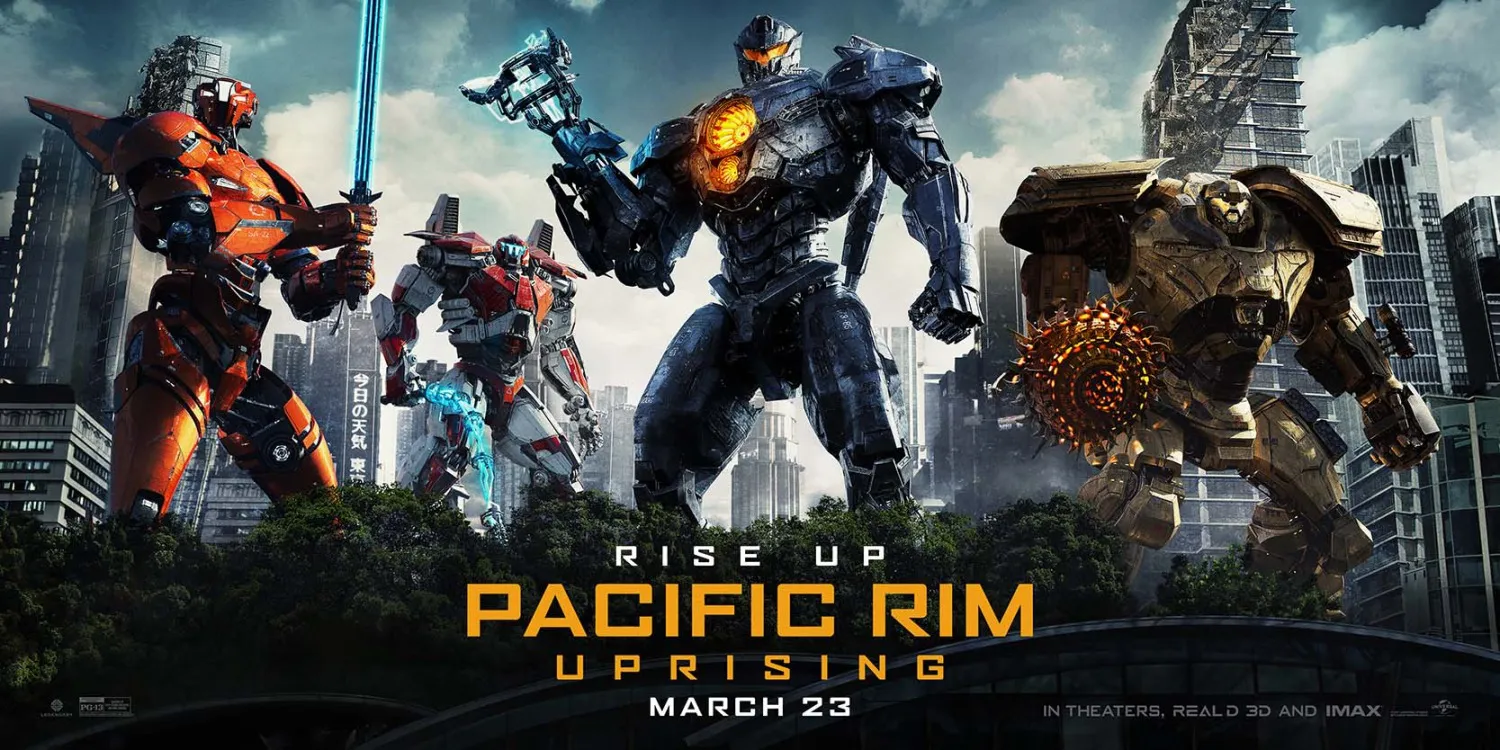
-
Pacific Rim Uprising
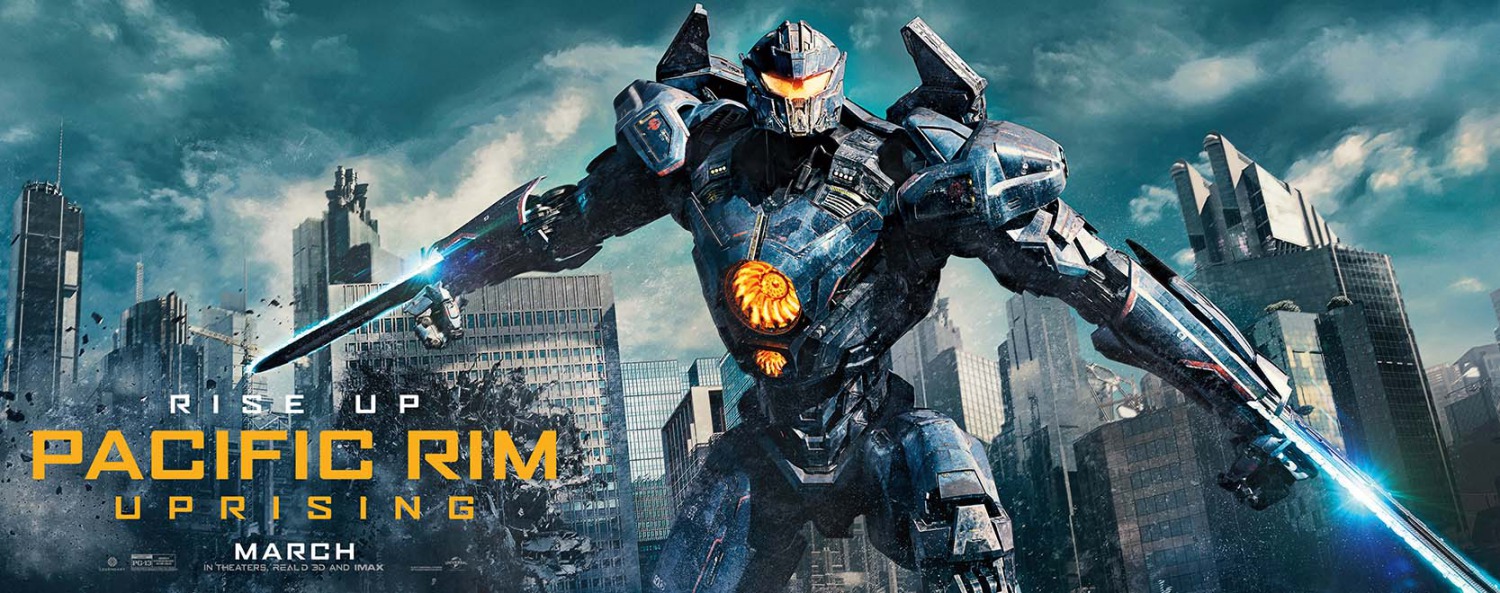
-
Pacific Rim Uprising
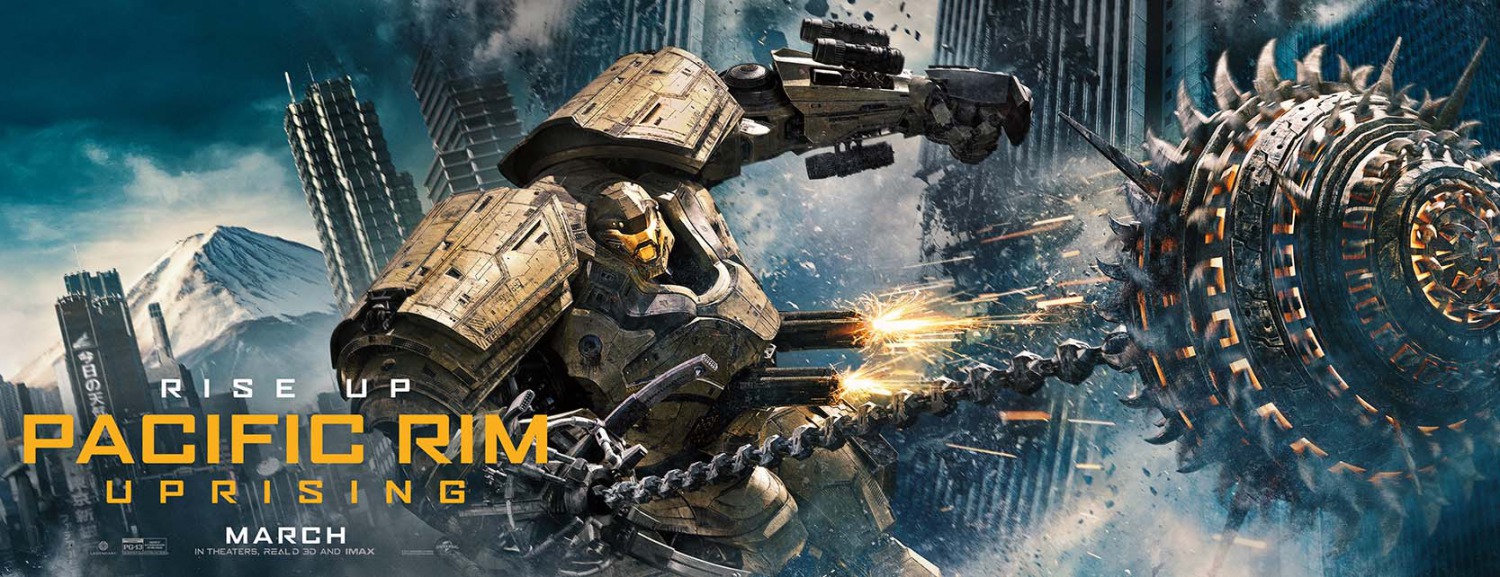
-
Pacific Rim Uprising
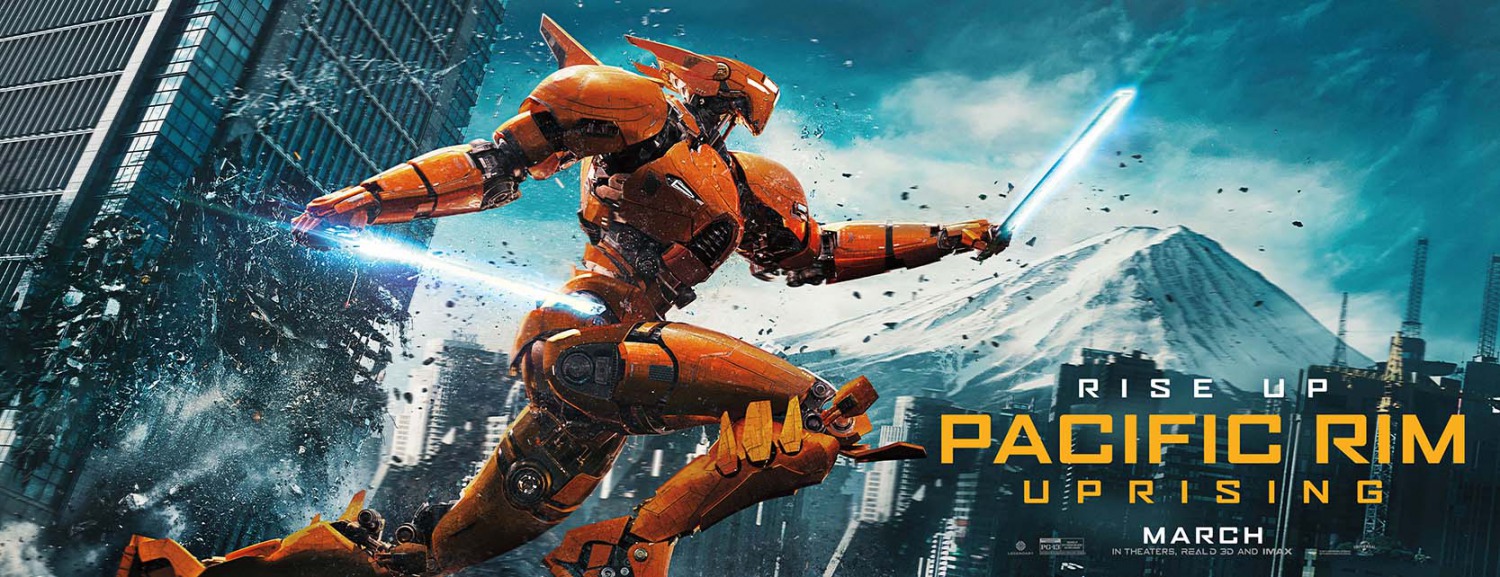
-
Pacific Rim Uprising
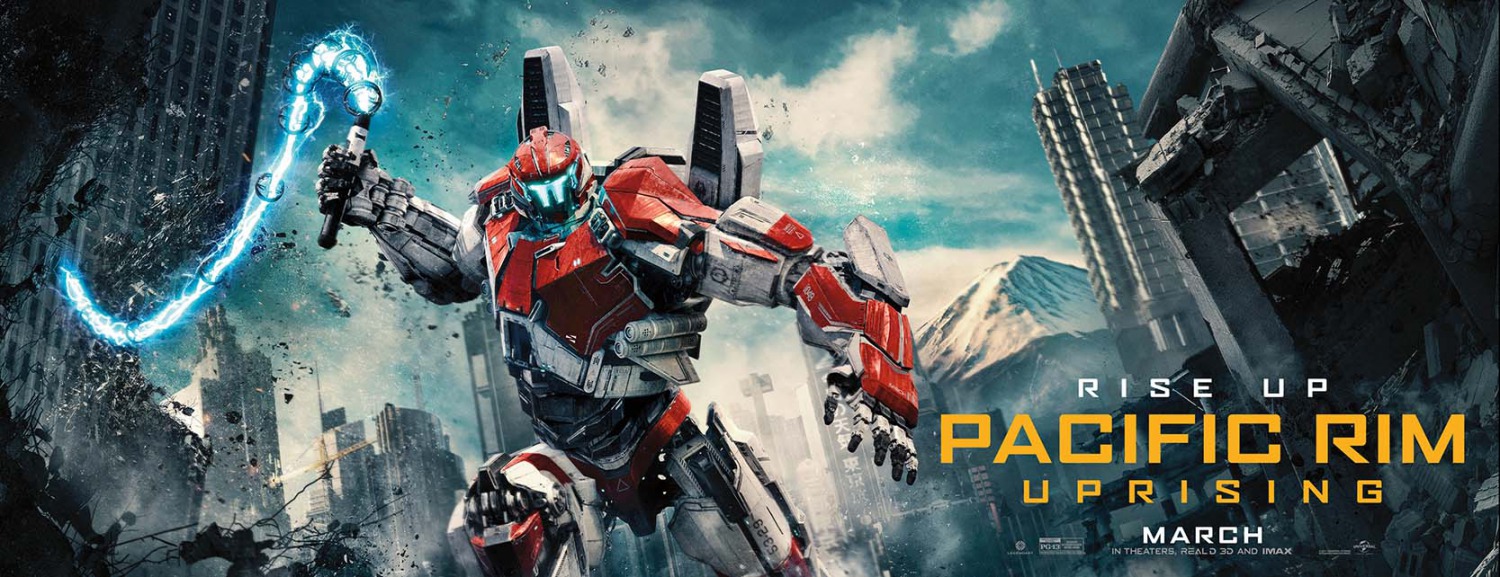
-
Pacific Rim Uprising
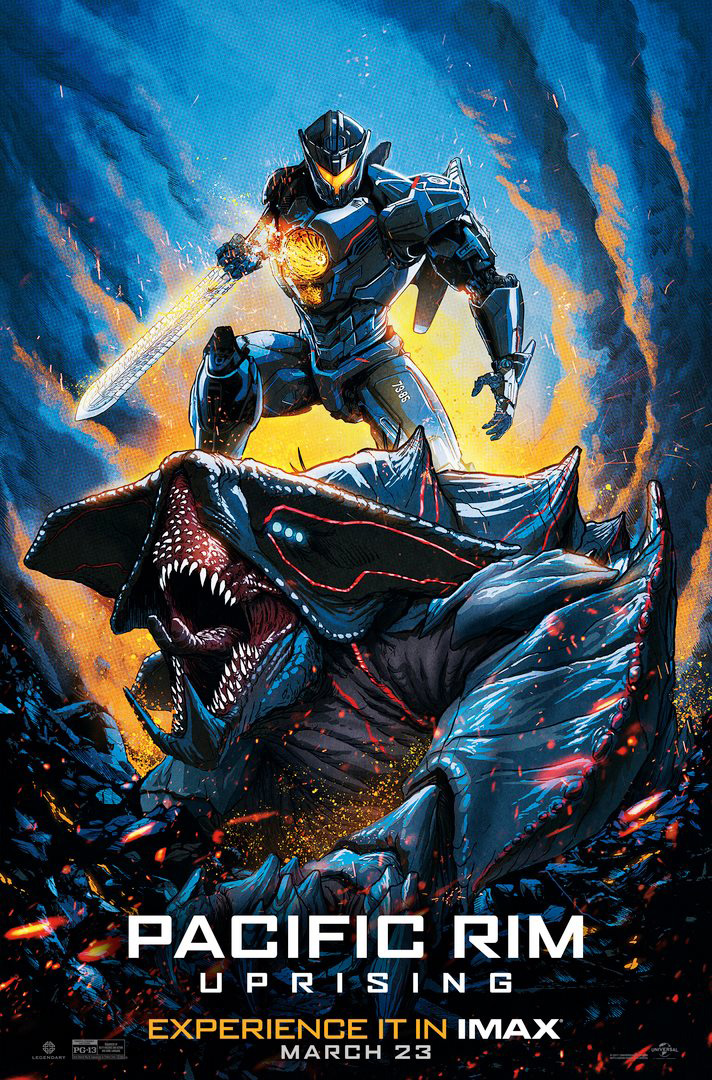
-
Pacific Rim Uprising
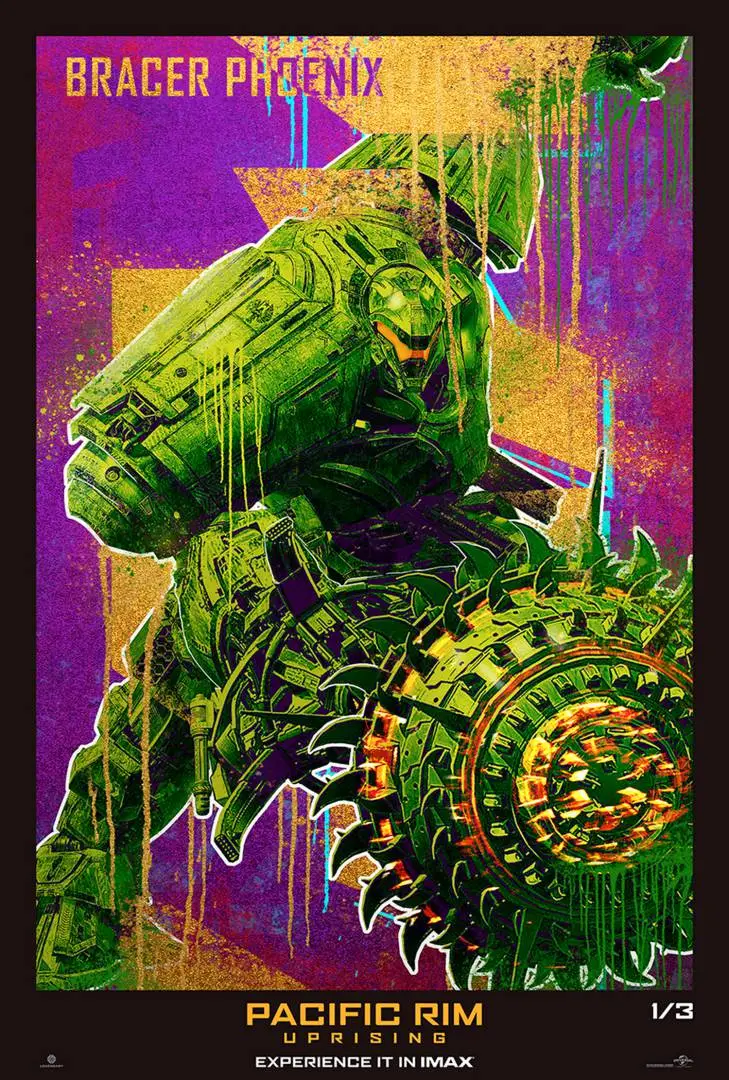
-
Pacific Rim Uprising
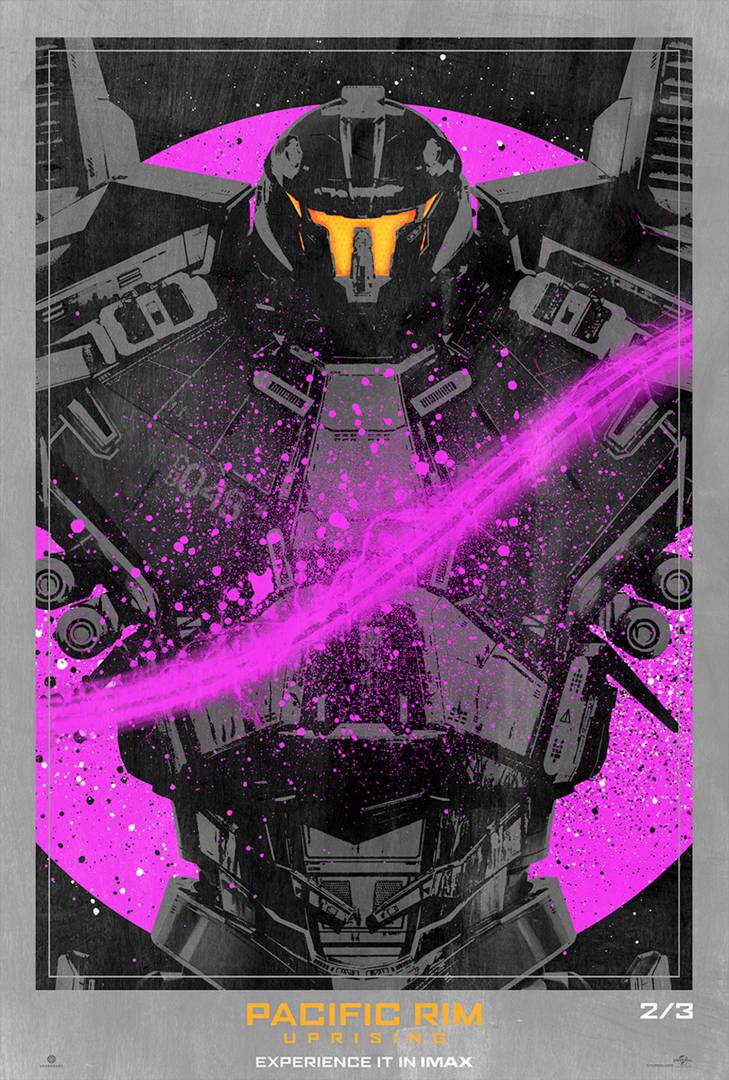
-
Pacific Rim Uprising
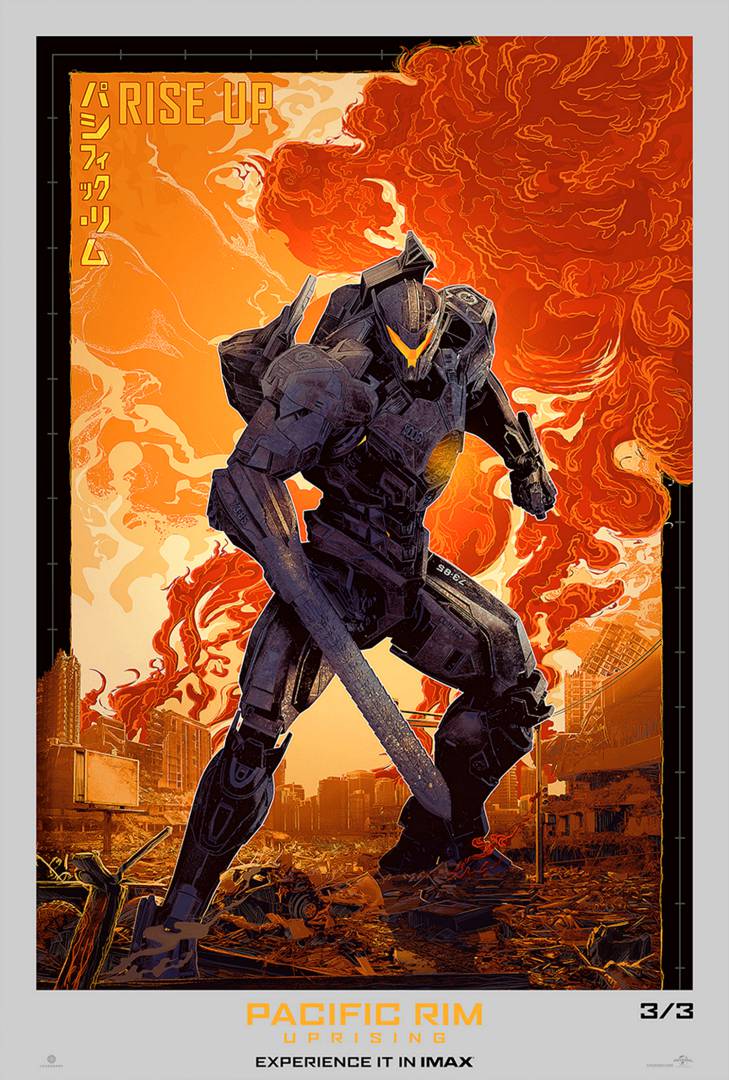
-
Pacific Rim Uprising
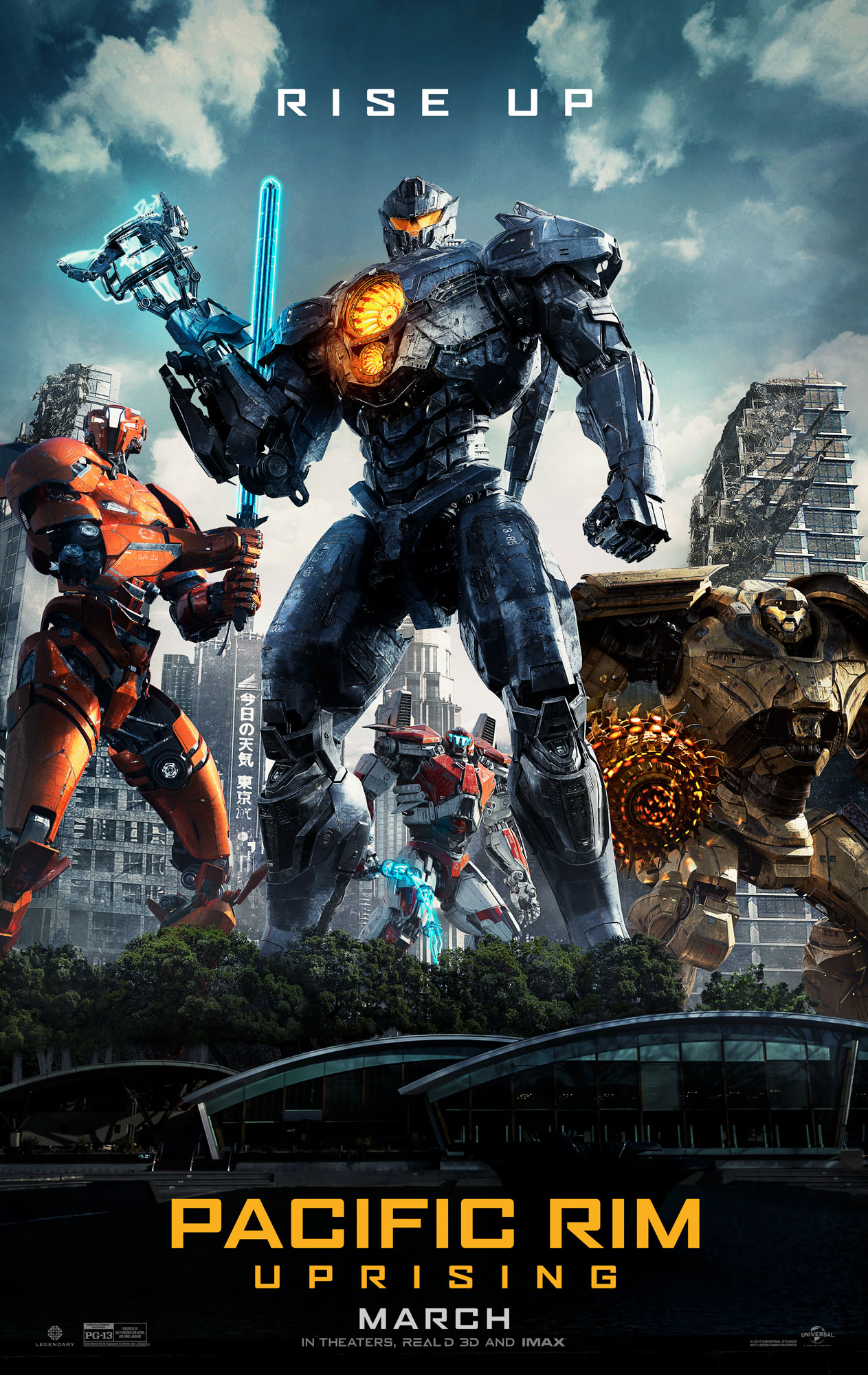
-
Pacific Rim Uprising

-
Pacific Rim Uprising

-
Pacific Rim Uprising

-
Pacific Rim Uprising

-
Pacific Rim Uprising

-
Pacific Rim Uprising

-
Pacific Rim Uprising

-
Pacific Rim Uprising

-
Pacific Rim Uprising

-
Pacific Rim Uprising

-
Pacific Rim Uprising

-
Pacific Rim Uprising

-
Pacific Rim Uprising

-
Pacific Rim Uprising

-
Pacific Rim Uprising

-
Pacific Rim Uprising

-
Pacific Rim Uprising

-
Pacific Rim Uprising

-
Pacific Rim Uprising

-
Pacific Rim Uprising

